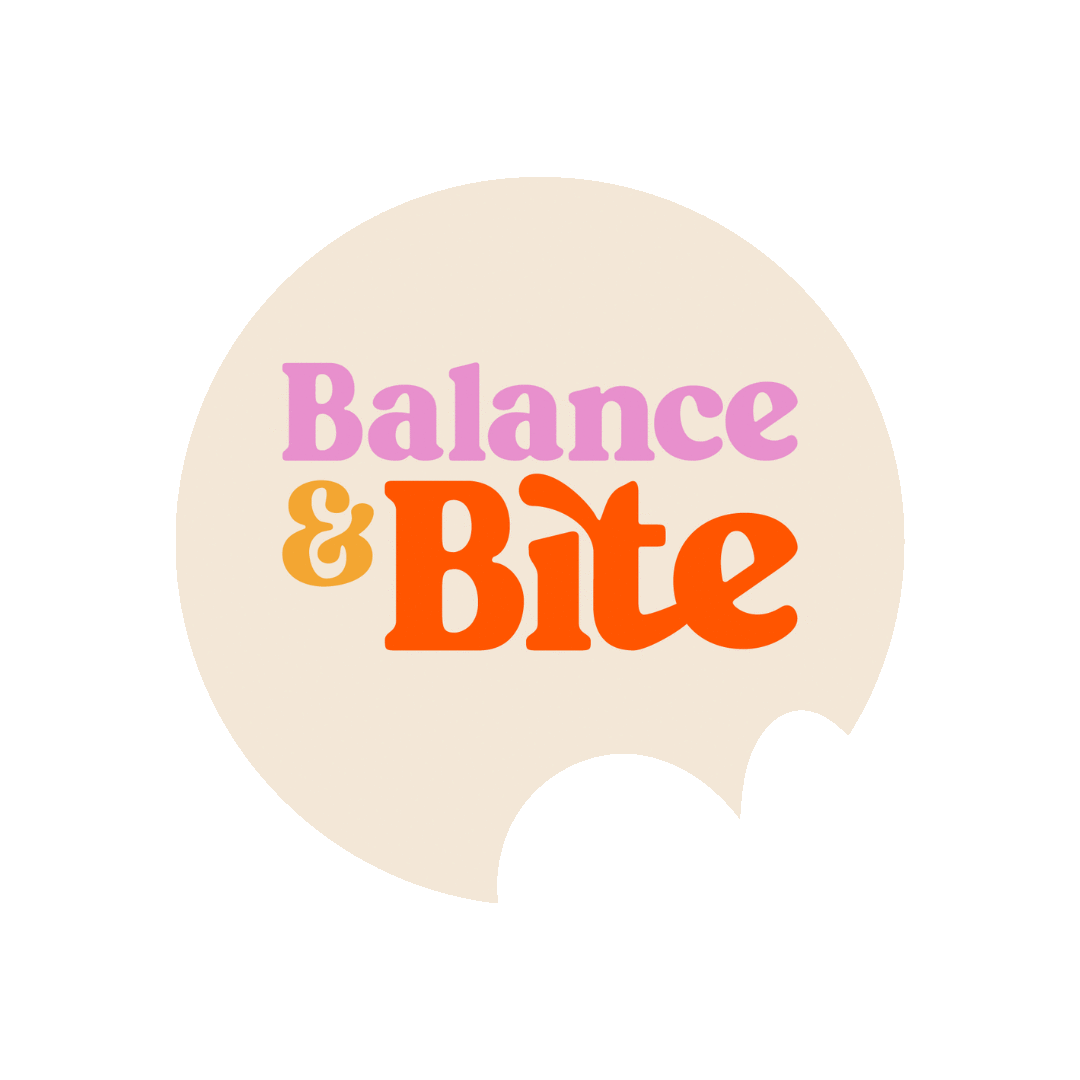Have you ever felt like you’re destined to fail at your health goals before you even start? You’re not alone. This fear of failure is a common sentiment, especially for those who have tried and struggled with various diets. It’s a mindset deeply rooted in our experiences and societal pressures and a topic I unpacked in the following podcast episode.
What is the fear of failure?
Many clients tell me, “I’m already going to fail, so what’s the point in starting?” This mindset can be a significant barrier to beginning any health journey. But where does this fear come from? Why do we feel destined to fail? To understand this mindset’s origins, we need to look at the nature of diets and how they set us up for failure.
Redefining success and progress
The concept of success tied to dieting is narrow and usually revolves around weight loss. When this specific goal isn’t met, it feels like a failure. To counter this, we need to redefine what progress and success look like in the context of health. Progress and success should be about sustainable, enjoyable habits that improve overall well-being, not just numbers on a scale.
Overcoming your fear of failure
Let’s consider a client’s story that may resonate with many of you. This client wanted to improve their physical activity but was deeply afraid of starting to exercise again. For decades, they viewed exercise as a punishment tied to weight loss. Every attempt at a new exercise regimen ended in what they perceived as a failure when life inevitably got in the way.
This cycle of starting and stopping and societal pressure to maintain a rigid exercise routine contributed to a learned helplessness—a belief that they couldn’t achieve their goals. This client had internalised the idea that they were destined to fail, which made starting a new routine daunting.


Small steps and achievable goals
To help this client, we focused on redefining success, setting incredibly small, achievable goals and getting clear on why diets fail. Initially, the goal was just to put on their shoes. The next step was choosing a place to go, then driving there, and finally attending one session. This incremental approach built their confidence and empowered them to see that they could achieve their goals when those goals were realistic and manageable.
We also worked on shifting their focus from weight loss to other benefits of physical activity, such as improved mental health, better sleep, and increased energy. This mindset shift was crucial. The client found a type of movement they enjoyed and started looking forward to it. Over time, this once-dreaded activity became a source of joy and self-care.
The importance of flexibility
One critical aspect of maintaining new health habits is flexibility. Rigid goals set us up for failure because life is unpredictable. We can’t control everything that happens, and our health routines need to accommodate that variability. If our goals are too rigid, any deviation can feel like a failure, leading to giving up entirely.
Why do diets fail? (aka set us up for failure)
If you’ve ever wondered, “Why can’t I stick to a diet?” You’re not alone. Diets fail because they are inherently rigid and promote a narrow definition of success, usually focused on weight. When life events disrupt our ability to stick to these strict plans, we blame ourselves for a lack of willpower or discipline. However, this perspective ignores the natural variability of life and the psychological impacts of restrictive eating.
Diets promote an all-or-nothing mentality. They don’t account for individual variability, the body’s natural resistance to long-term calorie restriction, or the psychological impacts of restrictive eating. This rigidity makes it almost inevitable that we will eventually “fail” by these standards.
Reframing success and progress in health
Success and progress in health should not be measured solely by weight or adherence to a rigid plan. Instead, they should be defined by sustainable, enjoyable habits that improve overall well-being. For example, finding physical activities you enjoy, eating in a way that nourishes your body and mind, and setting goals that are achievable and flexible.


Joining a supportive non-diet community!
If you resonate with the fear of failure and want to start a non-diet approach to health, consider joining a supportive community like The Carb Club. This space is filled with women navigating their own journeys away from diet culture, celebrating small wins, and supporting each other through setbacks. Surrounding yourself with like-minded individuals can provide the encouragement and accountability needed to succeed on this path.
Final thoughts
If you’re prone to all-or-nothing thinking and the fear of failure is holding you back, start by setting small, achievable goals. Challenge the notion that you’re the failure and recognise that diets fail us with rigid plans. Redefine success and progress to include more than just weight. Embrace flexibility and focus on health-promoting habits that bring you joy and satisfaction.
Need non-diet support to kick-start your health goals?
My Co-Pilot program is designed just for you
It combines 1:1 support, group coaching, and on-demand learning to help you stop the daily body bashing, reduce the food obsession and make health easy, fun and enjoyable


Erin’s an Accredited Practising Dietitian & Certified Intuitive Eating Counsellor. She uses a non-diet approach and weight-inclusive care to help her clients reclaim a healthy relationship with food and their bodies free of guilt, shame and restriction.












View comments
+ Leave a comment